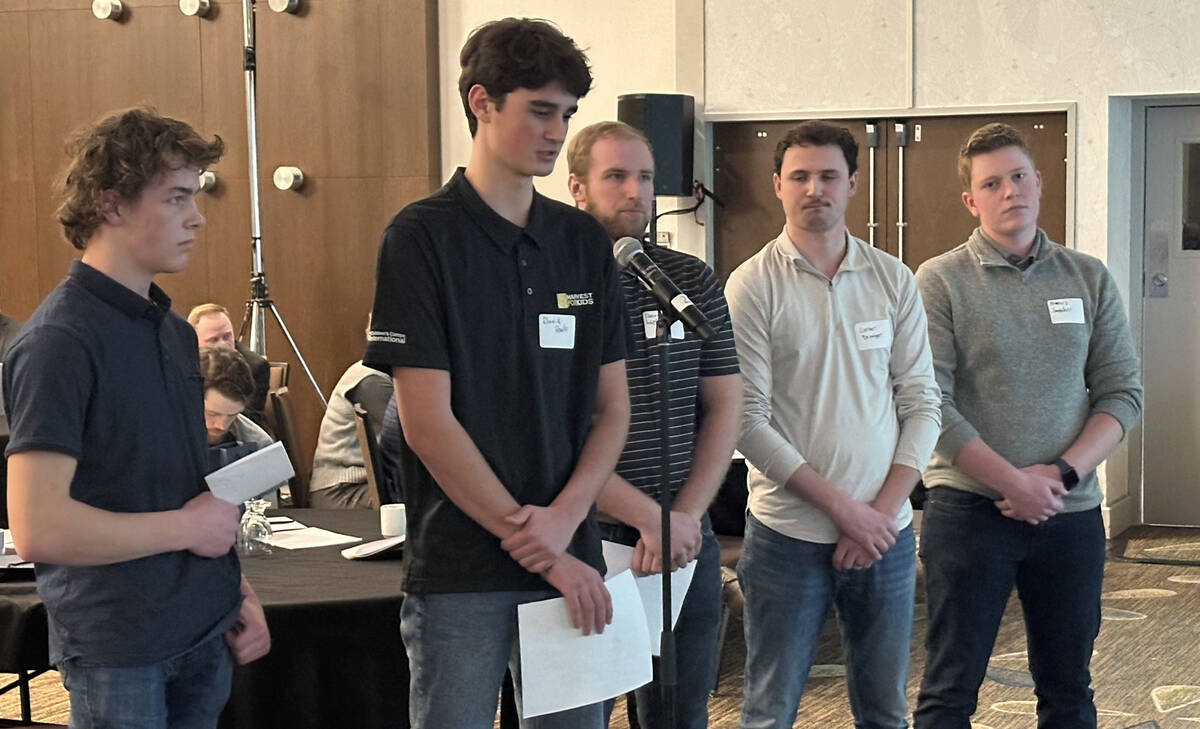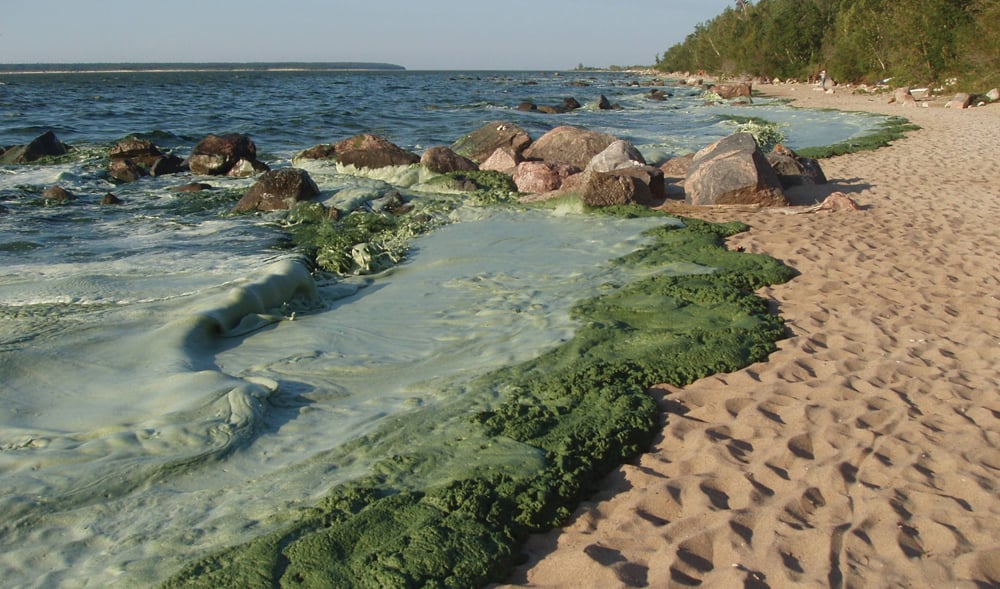Manitoba’s new Conservative government committed to carbon pricing in its first speech from the throne but details remain sparse about what that means for farmers.
When Premier Brian Pallister attended a public event last Friday in Morris, his spokeswoman said he would not be commenting on the issue — at least not yet.
Dan Mazier, president of Keystone Agricultural Producers (KAP) speculates that details will be coming in the new government’s budget, which is expected in the coming days. But he hasn’t yet spoken with any of the new ministers regarding the issue of carbon pricing.
Read Also

Students push for Manitoba road upgrades
Manitoba’s lack of higher-rated RTAC roads creates irritating highway detours and weight restrictions for farmers, University of Manitoba students told KAP.
“I expect we will, things are still very new,” he said. “I’m not even quite sure which new department will handle it. I would think it might be multi-departmental, but we will have to wait and see.”
The general farm lobby group had worked closely with the previous New Democratic government on its greenhouse gas plan released last year and expects to also work well with Pallister and his cabinet, said Mazier.
He said a program such as Alternative Land Use Service, better known as ALUS, would be a helpful model. ALUS is an incentive program that recognizes ranchers’ and farmers’ work in restoring wetlands, prairies and other natural landscapes.
“A program like ALUS would be a really good way to implement, or at least get the discussion going on what would be the value of carbon sequestration, and carbon credits and all that kind of stuff that would be one way, and the government has already said it is committing to an ALUS-type program,” Mazier said.
In March — prior to Manitoba’s general election — all provinces and territories agreed to implement a form of carbon pricing, in accordance with the federal government’s aim to reduce carbon emissions.
“I know that some people say we should all be good stewards of the land anyways, but I think we’re all realizing that when it comes to this issue… non-renewable energy, you can really only incentivize or tax, those are the only two ways of approaching it,” Mazier said. “But we hope to know more soon.”














